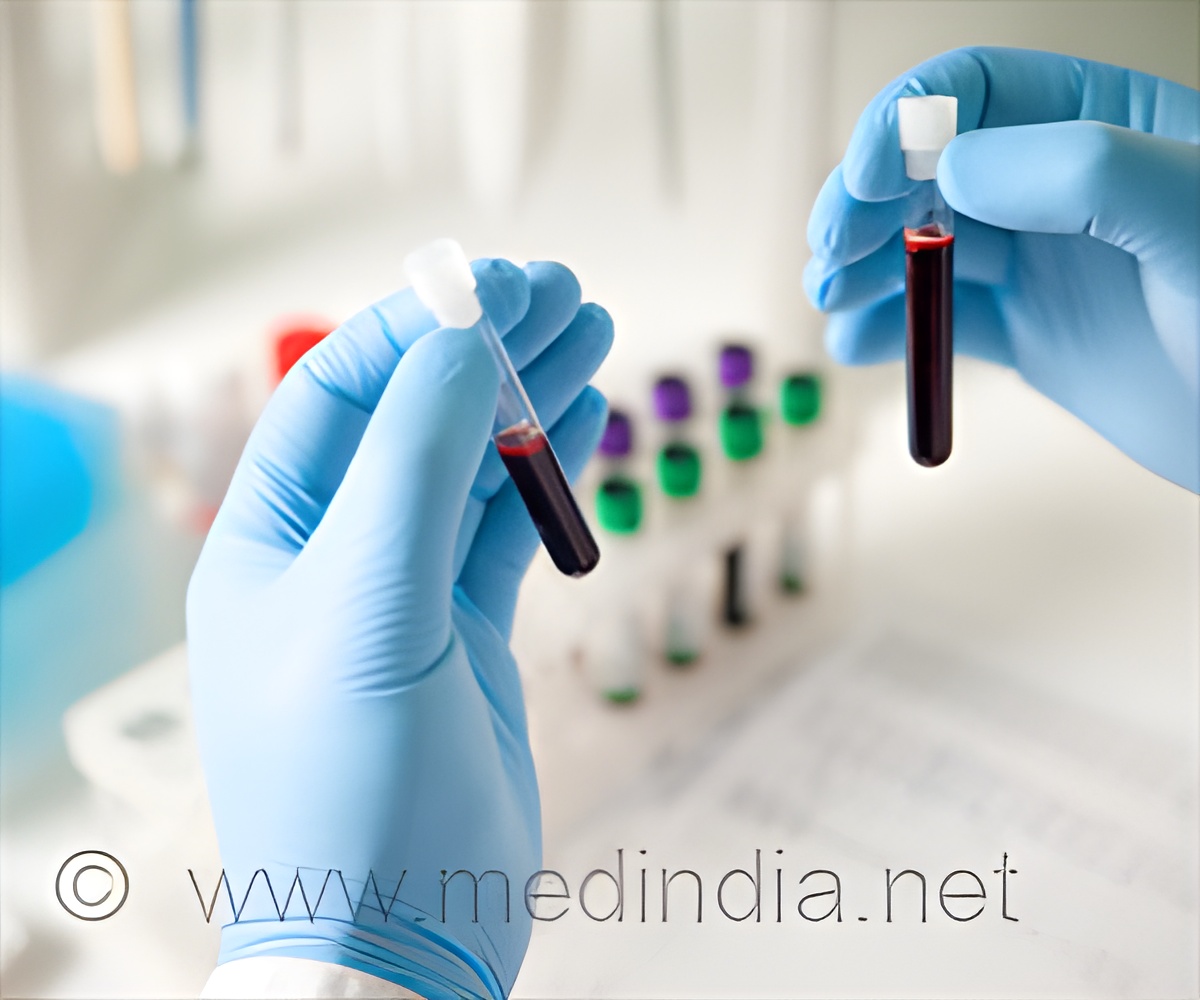New rapid blood test that measures levels of inflammatory markers specific to cell death, help predict patients who are at risk of developing organ failures from COVID-19.

‘New rapid blood test that measures levels of mitochondrial DNA, a unique type of DNA molecule that normally resides inside the energy factories of cells – mitochondria, helps predict patients who are at risk of developing organ failures from COVID-19. This test may aid in triaging patients according to their severity of the disease.’





Within a day of a hospital admission, this blood test can predict the risk of patients with COVID-19 who are highly prone to develop severe complications or death, published in the journal JCI Insight. The blood test measures levels of mitochondrial DNA, a unique type of DNA molecule that normally resides inside the energy factories of cells – mitochondria. Spilling out of cells from the mitochondrial DNA into the bloodstream indicates the presence of violent cell death in the body.
The Rapid Blood Test for COVID-19
It was found that the mitochondrial DNA levels were much higher – almost tenfold in patients who eventually were admitted to the ICU, intubated or died, independent of a patient's age, sex and underlying health conditions.
"There's so much we still don't understand about this disease. In particular, we need to understand why some patients, irrespective of their ages or underlying health in some cases, go into this hyper inflammatory death spiral. Our study suggests that tissue damage may be one cause of this spiral, since the mitochondrial DNA that is released is itself an inflammatory molecule", says co-senior author Andrew E. Gelman, PhD, the Jacqueline G. and William E. Maritz Endowed Chair in Immunology and Oncology in the Department of Surgery.
Advertisement
However the team affirmed that larger trials are needed to yet verify the present results. This would then aid in triaging and managing the patients who are at requirement of intensive care unit in the first 24 hours of admission.
Advertisement
The blood test is quick and it uses the same machinery that processes the standard PCR test for COVID-19. There are no intermediate steps to extract the DNA from the blood and thus it returns the results in less than an hour.
Upon verification of results in a larger multi-center trial, the diagnostic method could anticipate approval from the Food and Drug Administration (FDA) for its usage in hospitals.
Source-Medindia















